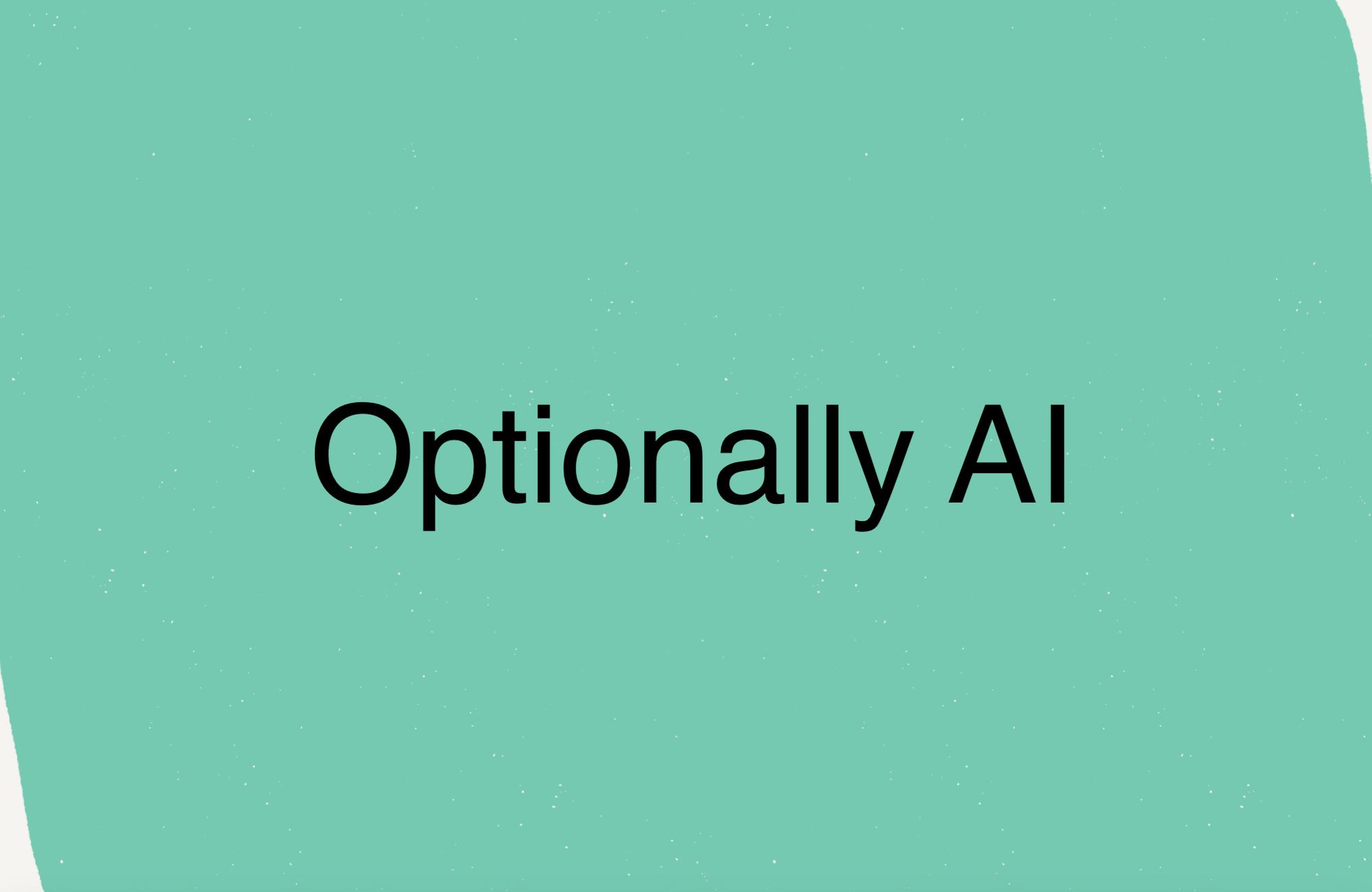Over the last several years innovation in health and care has become an increasingly hot topic - everyone needs to be doing it and it's going to solve all our problems. Governments and leaders alike are championing innovation to galvanising our imaginations on the potential for rapid change and improvement in healthcare. However, we find the concept of innovation is becoming more politicised and divisive, it's creating tribes while isolating others. In parallel innovation has become synonymous with tech underselling its potential for positive change and becoming the domain of tech enthusiasts. However innovation is for anyone and everyone! But, it will require a shift in perception before innovation can really have the impact we are so often promised.
More innovative than your average bear
Media and modern culture commonly portray the innovator as heroic individuals battling against the norm. The innovators are upheld as shining examples and we use terms like trailblazers and disruptors. This has created a hero-esque perception of innovation bringing with it problems such as devaluing the team and under acknowledging the historical work of others. What we find is many people simply don't identify with these innovators - and so don't think of themselves as innovative.
Being recognised as an innovator can, for some, be a badge of pride - entry to an exclusive club, the result? An increasing tribalism leading to disagreements on what constitutes as "truly innovative" - a budding innovators idea is dismissed as being similar to something else.
Encouraging this type of innovation culture gets us into a culture of one-upmanship, glorification of individuals over teams and discrediting enthusiastic people new to the topic.
Perception is everything
So what is innovation? The 2018 Health Foundation and Innovation Unit report "Against the Odds" has a good definition of innovation (below) to start from but leaves some questions.
Innovation: a novel drug, device, app, model of care, set of behaviours or way of working that is directed at improving outcomes, efficiency or experience. These innovations can range from incremental to radical.
First thing to note is that innovation is context sensitive and personal. What's innovative to one person is not necessarily new to their colleague down the road. What's innovative in one location might have happened months ago in another place. In both these cases situations it doesn't mean that suddenly what was initially considered innovative is no longer, it is still innovative to that person and/or within that setting. We should be celebrating and supporting budding innovators who are embracing approaches that are innovative to them. Unfortunately currently whats more likely is - the budding innovator will be directed to something similar thats happening and be informed that what they're trying to do isn't innovative as its already kinda-sorta done over there. What this shows it that innovation is relative.
Innovation is not only tech. It can be tech but it is not just tech. It is more common that an innovation is not actually a new technology but a new way of doing things (see quote above). This could be a new approach, for example social prescribing or document management for productive workflow (one of the NHS England ten high impact actions).
How is innovation different from Quality Improvement (QI)? There are definitely similarities but taking a high level view QI typically aims to improve an established process using existing metrics such as speed, cost or accuracy through a QI methodology such as PDSA, lean and six sigma. Whereas an innovation more often would look to make improvements from a blank sheet or an entirely different approach. In comparison to QI an innovation may look like a step backwards on some of these established measures but actually be an improvement because the innovation makes things intuitive or easy to use or demonstrably trustable. But there are definately overlaps.
Allergic to evidence
Innovation is not research. A broad simplification is that research is the pursuit of knowledge, discovery of novel findings and answering fundamental questions. How is innovation different to research? Innovation has a different focus on real world application of something novel in a particular situation. However there are the grey areas e.g. translational research and innovation. Research can support innovation through the generation of evidence.
A common misconception is innovation ignores evidence or considers it to be a low priority. However there is a board spectrum of people involved in innovation and while some might not value evidence a great many do. Its possible some of this misconception comes from the differences in opinon of what constitutes evidence. Innovation often takes an agile iterative based approach incorporating real world evidence, rapid evaluation methods and pragmatic trials. Many of these have shortfalls but so do randomised control trials which are often upheld as the gold standard. In healthcare especially its important to support innovation incorporating suitable evidence which is generated using the most appropriate methodologies.
Enabling innovation means enabling people to be curious
If we want a greater amount of innovative thinking and a culture that is more embracive of innovation in healthcare we need to pull the curtain back and change the perception around innovation. We need to give people the confidence and permissive environment to tinker, hustle and try and fail, this is a key role for senior managers. Innovation is for everyone and it’s not necessarily about new and shiny but a personal journey to try implementing interesting impactful ideas that are new to the individual to improve things.
Enjoyed this post? You can subscribe (free!) to receive posts directly via email. Do share with others!
Get in touch Twitter or LinkedIn to share your thoughts!
You may also enjoy the following:




